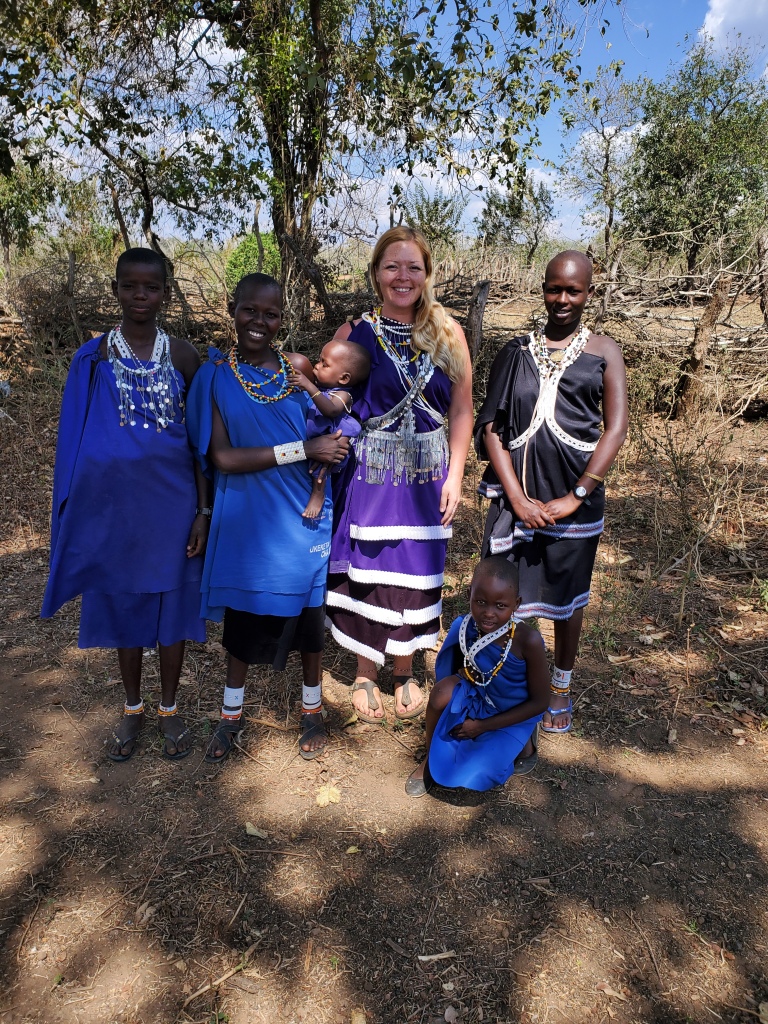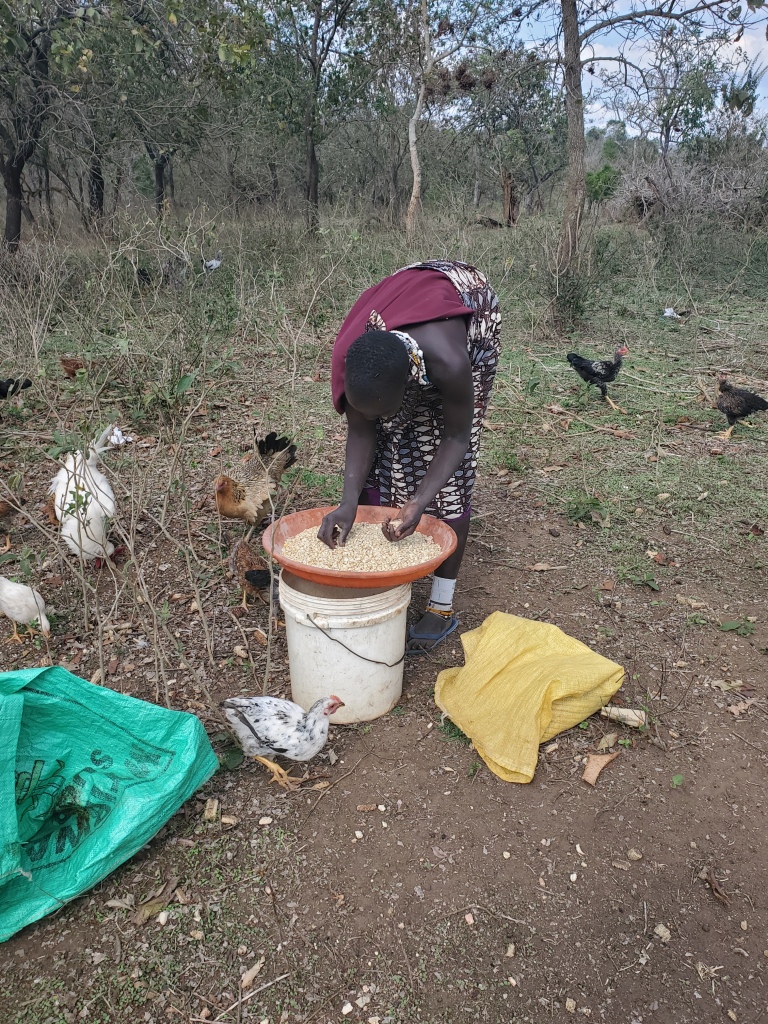Real Maasai boma life Experience
The Maasai tribe is one of the oldest tribes in Africa. They are known for maintaining their strong traditions. The Maasai are very proud of their culture and traditions. Even when you see them in the city, the majority of the time they are proudly in their traditional attire.

They are also famous for their dancing, which consists of a type of throat singing, various rhythms and jumping incredibly high. This traditional dance is something you will be guaranteed to see if you are in a touristy area where they are working, or if you go and visit a Maasai village.
Our volunteers are much prefer the more authentic real maasai bome life experience of going and staying with locals and enjoying a real maasai boma life experience where they can get the true cultural experience and really get to know them on a more personal level. You see the village, the culture and the people on a much more intimate level. Being invited to stay in a remote real Maasai boma life experience in Tanzania for a few weeks, is a dream come true, and right up for their adventure loving alley.
Learn about real maasai bome life experience from our past volunteer story “This was the first time they had invited a foreign visitor to this particular village. Knowing that made it even more special for me. This was not a place that was commercialized in any way, and they had to discuss it with each other before the invitation was finalized. There is a massive respect in their community and patriarchy. The elders run the family and the village, along side the chief of course. The night I arrived it was already dark as I had about a 10 hour trip beginning in Arusha that day. The children were still up and very excited to help me carry all my stuff down the hill to the house. Nobody wanted me to have to carry anything, they immediately wanted to make me feel relaxed and welcome. I made sure to stock up with fresh food for myself and the family that was hosting me while I was in the last town. I could already feel the warm hospitality. This was especially exciting for the children as they never get to see a Muzungu(white person), and now they were elated to have a muzungu special guest. Really though, I was the one who felt so incredibly honored and privileged.
On the property there were 6 houses, and all were family members except for one household, however, even that household was still considered family. The traditional houses are made of mud and manure, with grass roofs. It is actually the women in the village who construct the traditional houses.

The house I stayed in was more modern, it was made of cement and it had a metal roof. The walls are not built to meet the roof, which means there is about a foot gap at the top. That also means there are plenty of creatures that make their way inside. There were no bug nets, and being fresh meat I was getting all kinds of bites. Not so much mosquitoes, but plenty of other bites. I think mainly mites, but whatever they were, they were incredibly itchy, at times very swollen and painful. Bites I have ever experienced in my life. Even my hosts were surprised at the bites showing up on my body.
Speaking of the women, they are total bosses, and they are pros at multitasking.

The children were so excited to have me there, they would show up at my door from the crack of dawn wanting me to play with them and go see the animals. There would always be 5 – 10 children eagerly waiting for me to come out.

One day I came up with the idea to set up a lawn bowling game, and having never bowled, it instantly became their favorite game to play with me. Maasai children are so unique, and I couldn’t help but notice how they live very amazing childhoods. They grow up in a healthy, supportive family environment, they work and have their duties, and they also play a lot. The older ones do go to school as well. Their always happy, and are gifted with a wealth of wisdom that is passed down to them.

The cows are kept right in front of the houses, in a pen that is made from local trees.
The trees are kind of spikey, which acts as a natural barbwire. In the morning, everyone goes out to tend to the animals together, before the men take them out to find pastures to graze in for the day, and the younger boys take the goats out. There is a kind of hierarchy with the animals. The men take care of the cows, the women take care of the chickens and then children take care of the goats. Animals are also currency, so they don’t slaughter them often. Cows are the greatest currency, that is how wealth is determined. If a man wants to marry a woman, he has to offer her family a certain amount of cows.
Because the animals are currency, for that reason they eat primarily vegetarian, and the main staple being ground maize, otherwise known as Ugali. Unless it is a special occasion in which case they will slaughter a cow or a goat. Breakfast is not eaten in the morning, instead we would have a chai made in fresh cow milk taken straight out of the utter, it was so spicy and delicious. I would look forward to it every morning. Lunch and dinner would be Ugali or Rice with a vegetable sauce.

I loved the food so much. Everything was cooked over the fire, and the flavors were always mouth watering.
When it comes to eating, the women eat with the women and the men eat with the men. In fact the women do not want the men to see them eating their meals, so they will go inside the house and close the door halfway. During meal times, the men know not to go in. In the day time, the women work together, and do their duties, and the men do their work and duties with the men. In the night is when the women will spend time with their husbands.
One of the days the women really got me dressed up fancy and were teaching me how to dance. I am not sure who was having more fun when they were dressing me up, them or me?

I felt so honored they wanted to make me feel so welcome, and I actually did feel beautiful how they dressed me up.
There are special occasions where the women will get together in their fancy dress and spend the afternoon dancing. This is another time where the men are not to come around, this is just a time for the women to enjoy and be free in their dancing. They would get very shy if the men were to come around. I was privileged enough to be invited to attend one of the ceremonious days with the ladies, and it was pure magic. The energy was so high, and I was pushed to get right in the middle of the circle and dance numerous times with them. I still have a long way to go before I can move my shoulders as beautifully as they do when they dance. There are other times of celebrations where the community comes together to dance and enjoy, males and females.
It is customary the women shave their heads, they keep themselves very natural, and use beaded jewelry to amplify their natural beauty. They are naturally very beautiful, the Maasai people in general are very beautiful people.
I ended up becoming very close with the women whom were in the family that was hosting me.
Even though none of them spoke English, with my broken Swahili, a lot of sign language and a little google translate(sadly google translate does not have the Maasai language, but it does have Swahili), we would be conversing all day long. They really took me in, and brought me along on to do daily tasks, which for me was amazing.

Every time we went and did something such as going to the water hole to get water, or go and wash laundry, they would always hand me a bucket of water, a bar of soap and they would tell me to go into the bushes and take a bath. It always made me laugh, as nobody else was doing it, but I didn’t mind the extra cool bath in the middle of a scorching hot day. My favorite shower was in the evening when I would get a bucket of hot water off the fire, and I had my bucket bath during the cool night, behind a tarp under the stars.
It is amazing how your appreciation for water grows when it takes work to get it. There are no faucets in the village. There is a donkey, some plastic water containers and a 30 minute walk to the water hole.

It was always a fun adventure going to collect water with the women. I love how in touch with nature they are, they are totally grounded, and I felt grounded just being there. Things are very organized when it comes to water supply. There was one watering hole for the animals and one watering hole for people. There is no mixing waterholes. That aside, they do still have to boil their water before drinking it.


To clean their teeth they use the twig of a plant.
Once cut, they fray the end, and proceed to brush their teeth and gums. This is done in the morning and the night. It clearly works, as they have the most beautiful teeth.
After three weeks of being here, it was really hard to leave. My life has been forever changed by this whole experience. Even they wanted me to stay. In a world full of fear and uncertainties, spending time in a Maasai village, immersed in their beautiful culture reminded me of what is truly important in life. They live a simple life full of happiness. They work together and are always supportive of one another. A very tight knit community. They are not living in fear, they are living in the moment.
There is so much more to this story, and I am so excited to share it in my upcoming book about my unexpected year abroad during the pandemic. Pre-sale will be happening soon, so stay tuned! While you are here, I invite you to watch my Youtube video about my experience.